Harmonic Distortion Control in Diesel 3-Phase Power
Harmonic distortion is a critical concern in three phase diesel generator systems, affecting power quality and equipment performance. As industries rely heavily on uninterrupted power supply, understanding and mitigating harmonic distortion becomes paramount. This article delves into the causes, solutions, and acceptable levels of harmonic distortion in diesel-powered three-phase generators, providing valuable insights for operators and engineers in various sectors.
In the realm of power generation, Jlmech has established itself as a leader in providing robust and efficient three phase diesel generator solutions. With a commitment to quality and innovation, Jlmech's generators are designed to deliver clean, stable power while minimizing harmonic distortion. As we explore this topic, we'll see how advanced generator designs play a crucial role in maintaining power quality across diverse applications.
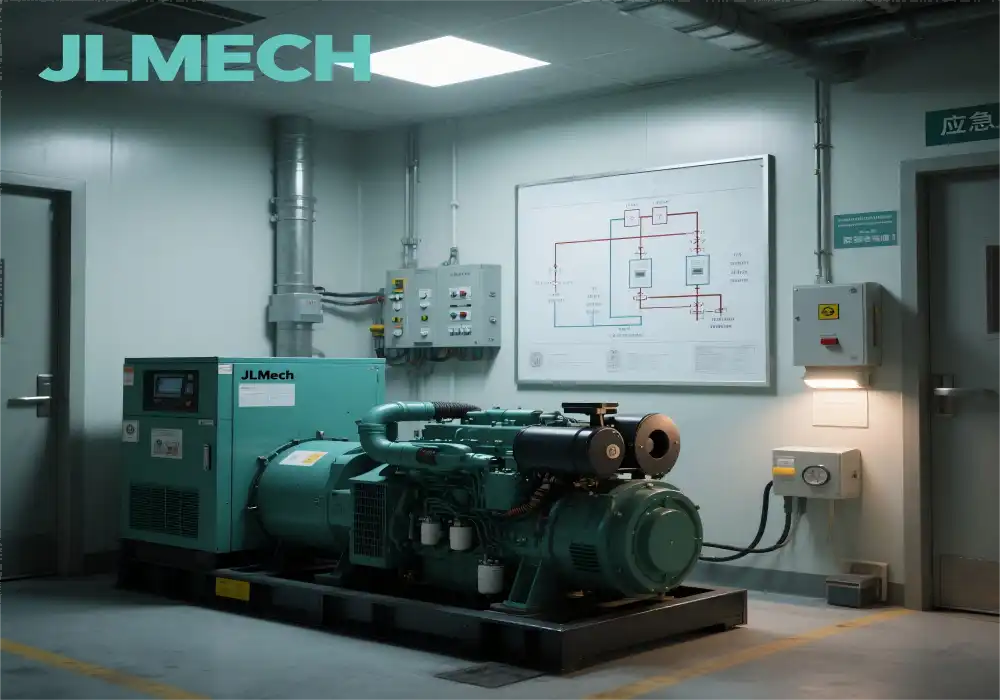
What Causes Harmonic Distortion in Three-Phase Generators?
Harmonic distortion in three-phase generators stems from various sources, both within the generator itself and from connected loads. Understanding these causes is essential for implementing effective control measures.
Internal Generator Factors
Within the generator, several factors can contribute to harmonic distortion:
- Non-linear magnetic characteristics of the generator core
- Asymmetries in the stator windings
- Rotor design and slot harmonics
- Imperfections in the air gap between rotor and stator
These internal factors can lead to voltage waveform distortions, even when the generator is operating under no-load conditions.
External Load-Related Causes
Often, the most significant sources of harmonic distortion are external to the generator:
- Non-linear loads such as variable frequency drives (VFDs)
- Power electronic devices and rectifiers
- Unbalanced three-phase loads
- Large motor starting currents
These loads draw non-sinusoidal currents, which in turn create voltage distortions in the generator output.
Filters & Dampers: Reducing THD in Diesel Generator Output
Controlling Total Harmonic Distortion (THD) is crucial for maintaining power quality in three phase diesel generator systems. Various techniques and technologies are employed to mitigate harmonic distortion:
Passive Harmonic Filters
Passive filters are widely used due to their simplicity and reliability:
- Series L-C filters tuned to specific harmonic frequencies
- Broadband filters for addressing a range of harmonics
- High-pass filters for higher-order harmonics
These filters work by providing a low-impedance path for harmonic currents, preventing them from flowing back into the generator.
Active Harmonic Filters
Active filters offer more dynamic harmonic mitigation:
- Real-time monitoring and correction of harmonic currents
- Adaptability to changing load conditions
- Capability to address a wide spectrum of harmonics simultaneously
While more complex and costly than passive filters, active filters provide superior performance in variable load environments.
Generator Design Improvements
Modern generator designs incorporate features to inherently reduce harmonic distortion:
- Optimized stator winding configurations
- Advanced rotor designs to minimize slot harmonics
- Use of high-quality magnetic materials in the core
These design enhancements contribute to cleaner power output even before additional filtering is applied.
Jlmech's three phase diesel generator sets incorporate advanced design features and are compatible with various harmonic mitigation technologies. Our generators are engineered to provide stable, low-distortion power across a wide range of industrial applications.
How Much Harmonic Distortion Is Acceptable in Industrial Use?
Determining acceptable levels of harmonic distortion is crucial for ensuring equipment reliability and compliance with industry standards.
Industry Standards and Guidelines
Several international standards provide guidelines for harmonic distortion limits:
- IEEE 519-2014: Recommends THD limits based on system voltage
- IEC 61000-3-2: Specifies limits for harmonic current emissions
- EN 50160: European standard for voltage characteristics in public distribution systems
These standards typically specify limits for both individual harmonic components and total harmonic distortion.
Sector-Specific Requirements
Acceptable harmonic distortion levels can vary depending on the industry and application:
- Data Centers: Often require THD below 5% to protect sensitive IT equipment
- Healthcare Facilities: May demand even lower THD for medical imaging systems
- Industrial Manufacturing: Tolerance may be higher, but still typically below 8% THD
- Telecommunications: Strict requirements to maintain signal integrity
It's essential to consult specific industry guidelines and equipment specifications to determine appropriate harmonic distortion limits for each application.
Monitoring and Compliance
Regular monitoring of harmonic distortion levels is crucial:
- Use of power quality analyzers to measure THD and individual harmonics
- Implementing continuous monitoring systems for critical applications
- Periodic audits to ensure ongoing compliance with standards
Proactive monitoring allows for early detection and correction of harmonic issues before they impact equipment or operations.
Jlmech's commitment to power quality extends beyond generator design. Our three phase diesel generator sets are equipped with advanced monitoring capabilities, allowing users to track harmonic distortion levels in real-time. This ensures that power quality remains within acceptable limits across various industrial applications.
Speaking of industrial applications, let's take a closer look at Jlmech's range of three phase diesel generators designed to meet diverse power needs:
Jlmech offers a comprehensive range of generator 3 phase diesel units, catering to various power requirements from 20 KW to 3000 KW. These generators are engineered to deliver reliable three-phase power with AC output voltages of 400/230V, accommodating both 50Hz and 60Hz frequencies. The robust design allows for engine speeds ranging from 1500 to 3000 RPM, suitable for different operational demands.
Our generators come in both silent and open frame configurations, featuring two or four-cylinder engines with water cooling systems for optimal performance. All units are equipped with electric starting mechanisms for ease of use. Importantly, Jlmech's generators are certified to meet CE, Euro 5, EPA, and CARB standards, ensuring compliance with global emissions regulations.
For industries requiring uninterrupted power supply, such as construction sites, hospitals, data centers, and remote facilities, Jlmech's generators provide a perfect solution. The advanced voltage regulation technology ensures stable output, while noise-reduction features (65-75 dB) make these units suitable for noise-sensitive environments. Models ranging from 50kVA to 2000kVA are available, with options for weatherproof or silent canopies to meet specific site requirements.
Jlmech's commitment to quality is evident in the 2-year warranty covering both mechanical and electrical components, significantly reducing long-term maintenance costs for our clients. With a global network of 26 overseas offices, we ensure rapid delivery of pre-tested units within 15-30 days and provide swift technical support and spare parts availability.
Conclusion
Controlling harmonic distortion in three phase diesel generator systems is essential for maintaining power quality and protecting valuable equipment. By understanding the causes of harmonics, implementing appropriate mitigation techniques, and adhering to industry standards, operators can ensure reliable and efficient power generation across various industrial applications.
Are you looking for a reliable three phase diesel generator solution with advanced harmonic distortion control? Jlmech, with over 29 years of experience in power solutions, offers a range of generators tailored to meet the specific needs of industries such as manufacturing, construction, healthcare, and commercial sectors. Our generators are designed to provide stable, low-distortion power even in the most demanding environments.
For industrial and manufacturing clients seeking fuel-efficient generators that comply with strict emissions standards, or construction firms requiring rugged, portable power solutions, Jlmech has the expertise to deliver. Our generators are equipped with intelligent control systems and can be customized with features like extended fuel tanks and remote monitoring capabilities.
Don't let power quality issues impact your operations. Contact Jlmech today at skala@whjlmech.com to discuss how our advanced three phase diesel generators can meet your specific power needs while ensuring optimal harmonic distortion control.
References
- IEEE Std 519-2014, "IEEE Recommended Practice and Requirements for Harmonic Control in Electric Power Systems," IEEE Power and Energy Society, 2014.
- Arrillaga, J., & Watson, N. R., "Power System Harmonics," 2nd Edition, John Wiley & Sons, 2003.
- Kimbark, E. W., "Direct Current Transmission," Wiley-Interscience, 1971.
- Dugan, R. C., McGranaghan, M. F., Santoso, S., & Beaty, H. W., "Electrical Power Systems Quality," 3rd Edition, McGraw-Hill Education, 2012.
- IEC 61000-3-2:2018, "Electromagnetic compatibility (EMC) - Part 3-2: Limits - Limits for harmonic current emissions," International Electrotechnical Commission, 2018.
- EN 50160:2010, "Voltage characteristics of electricity supplied by public electricity networks," European Committee for Electrotechnical Standardization, 2010.
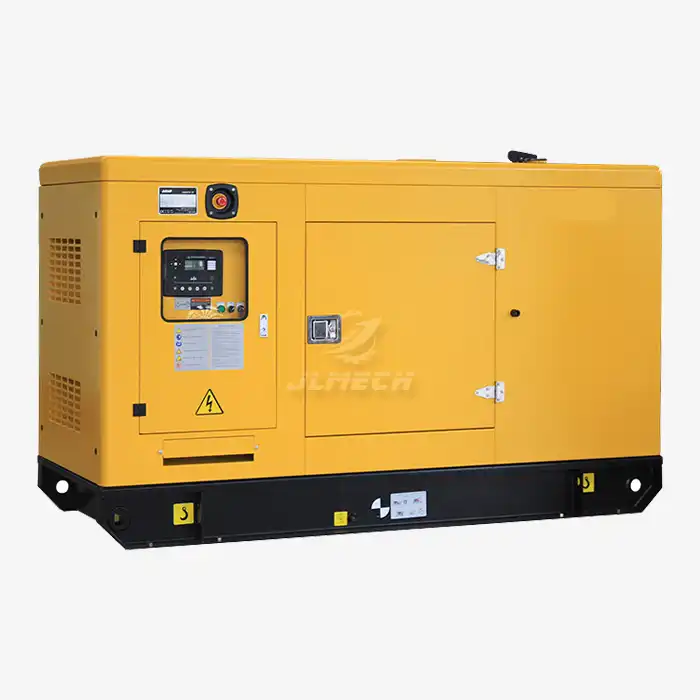 VIEW MOREWater-Cooled System Diesel Generator
VIEW MOREWater-Cooled System Diesel Generator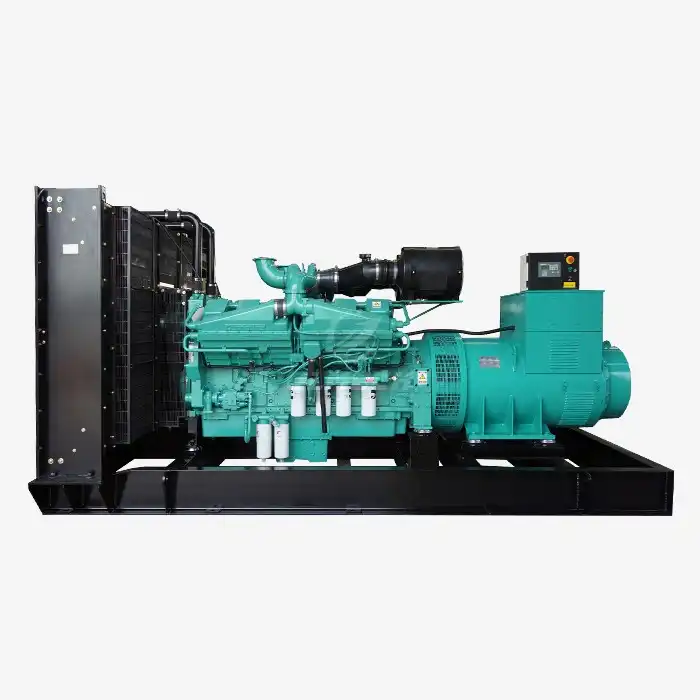 VIEW MORE2 Years warranty time diesel generator
VIEW MORE2 Years warranty time diesel generator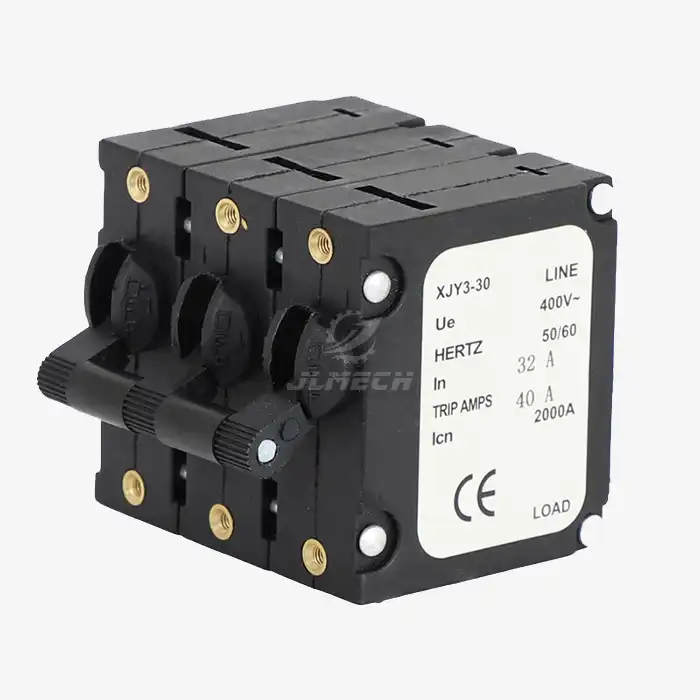 VIEW MOREdiesel generator breaker
VIEW MOREdiesel generator breaker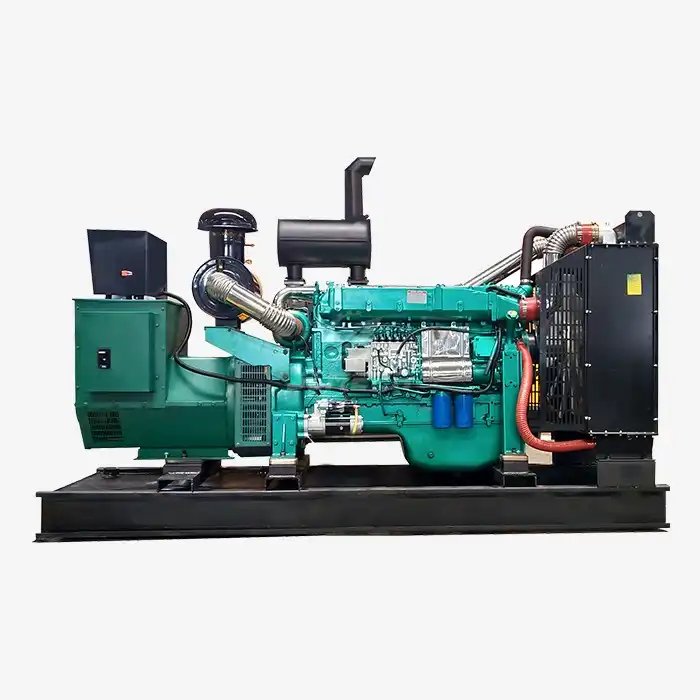 VIEW MOREOpen Type alternator
VIEW MOREOpen Type alternator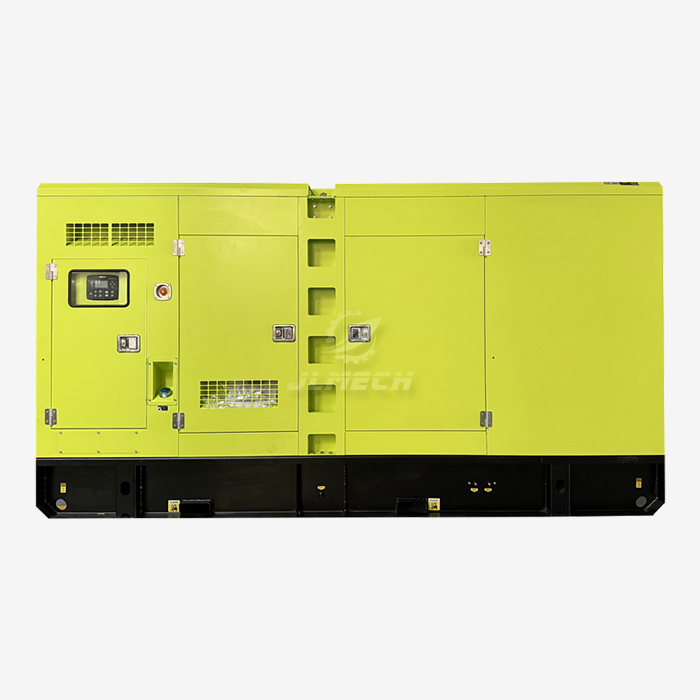 VIEW MORE300kva perkins diesel generator
VIEW MORE300kva perkins diesel generator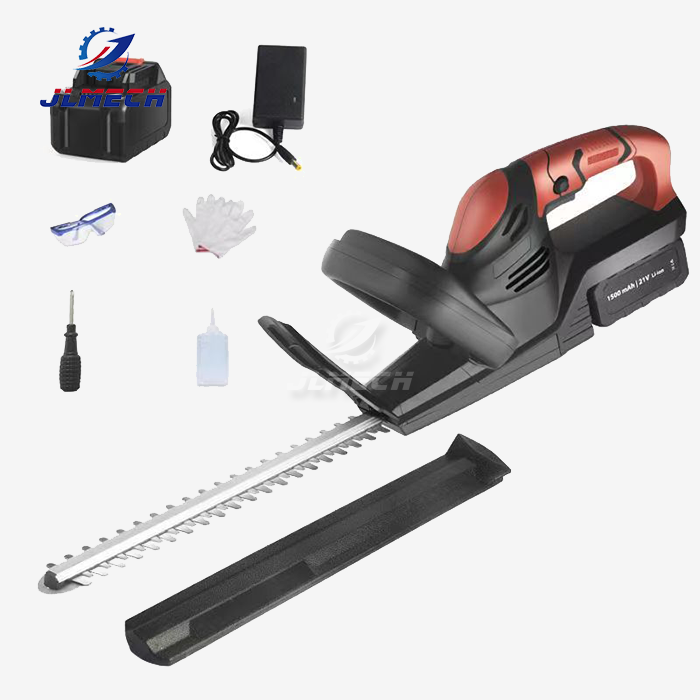 VIEW MOREelectric powered hedge trimmer
VIEW MOREelectric powered hedge trimmer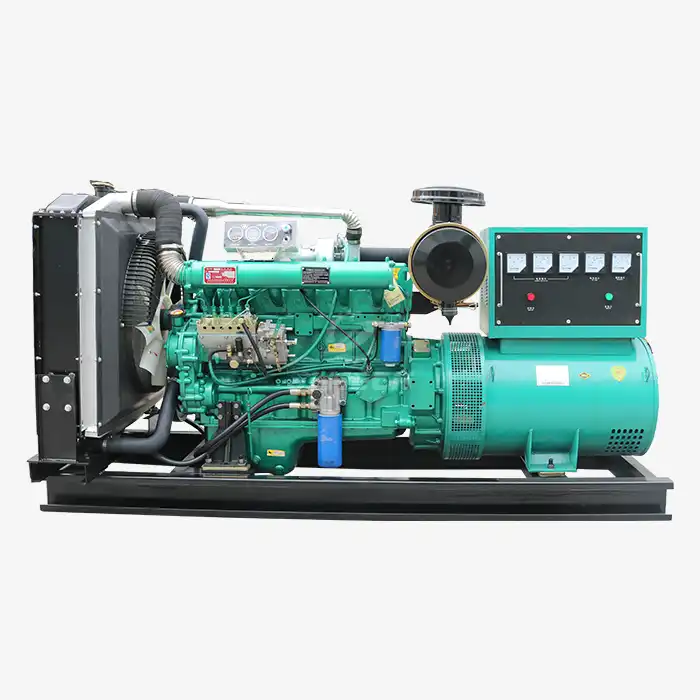 VIEW MOREdiesel generator 230v
VIEW MOREdiesel generator 230v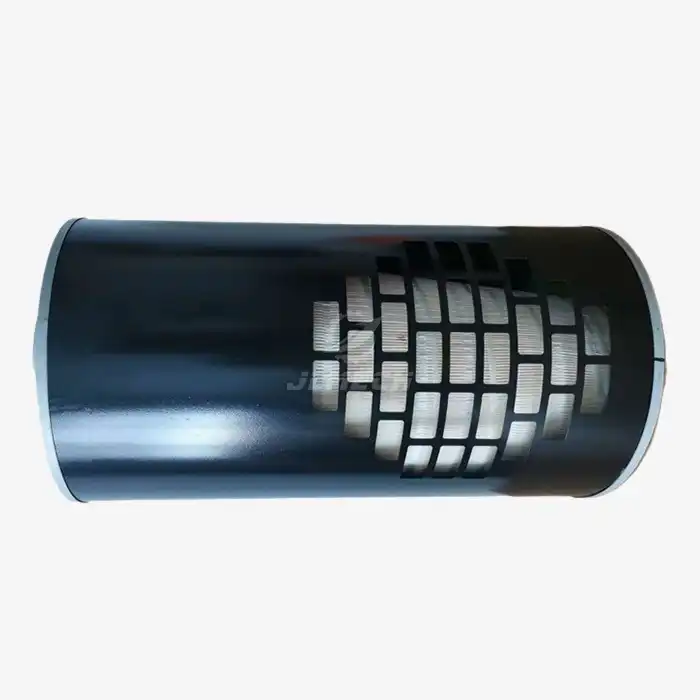 VIEW MOREfilter element of air filter
VIEW MOREfilter element of air filter



